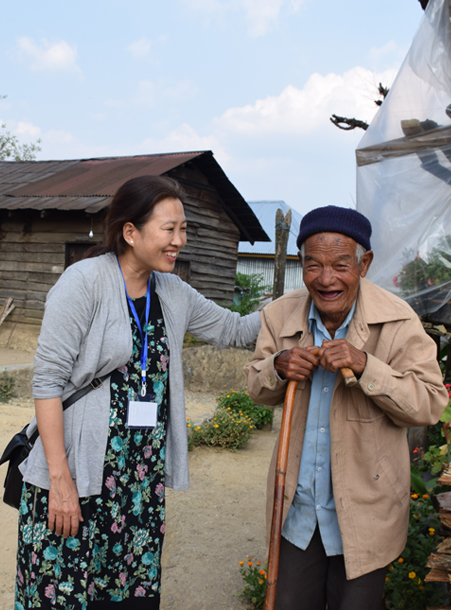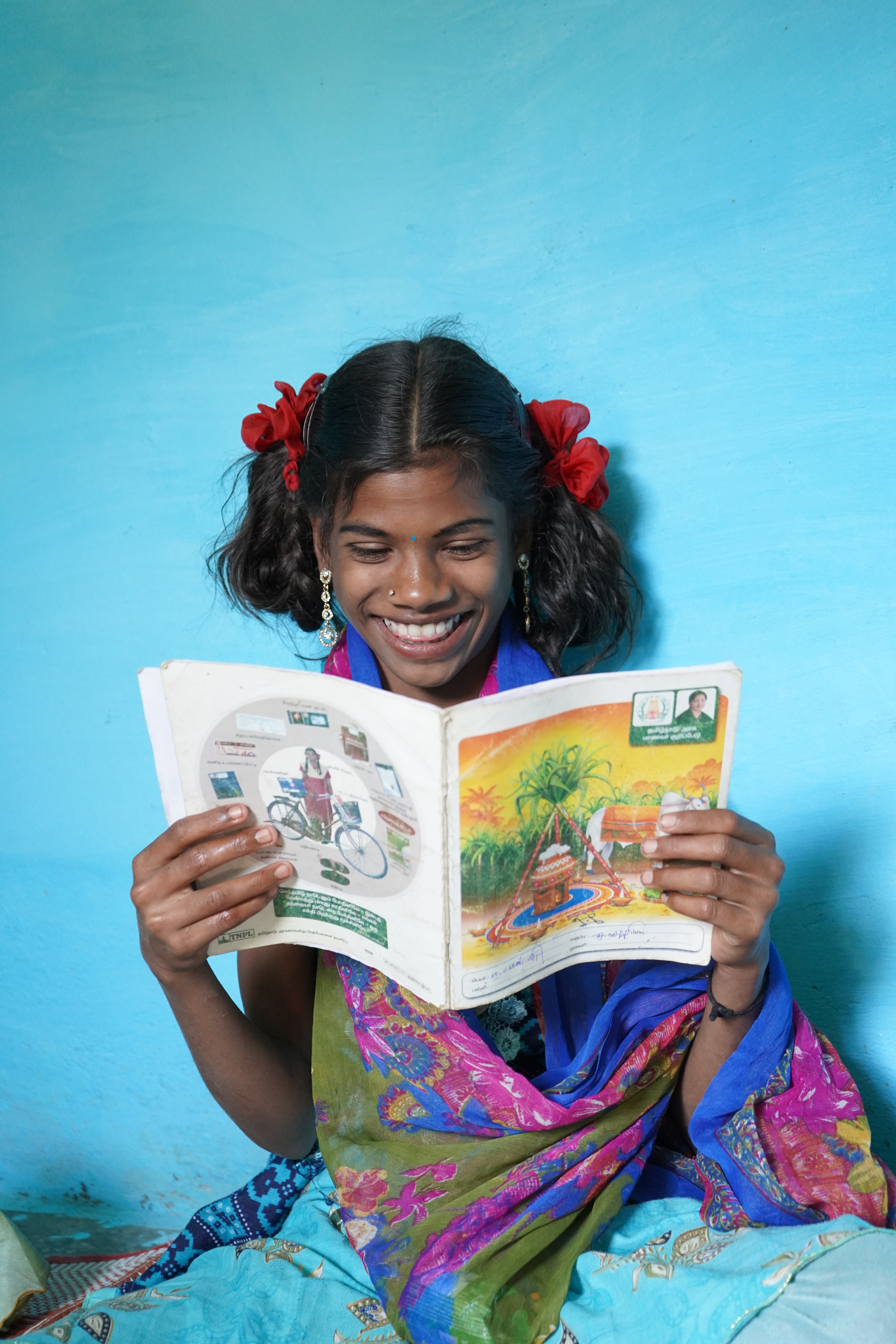- home

- Who We Are
Who We Are
At the stroke of midnight, on 15 August 1947, India awoke to freedom. A sovereign nation, free from the clutches of British colonial power was born but the Indo-Pak partition was a tragedy in terms of loss of human lives and properties. The displacement of the population across borders forced millions to live in alien surroundings and subhuman conditions.
The newly constituted government under Jawaharlal Nehru had requested various institutions to initiate a relief response. The National Council of Churches in India responded by forming the 'NCC Relief Committee'. The NCC later went on to become the Church's Auxiliary for Social Action (CASA).
Though the initial focus was on providing immediate relief to victims of natural and human-induced calamities, CASA has today grown into a premier relief and development organisation in the country.
Its primary objective is to strengthen the marginalised communities and promote sustainable development. CASA carries out its interventions irrespective of religion, caste, creed, gender and ethnicity.
CASA is headquartered in New Delhi. It has three Zonal Offices in Mumbai, Kolkata and Chennai, and has 31 sector offices in 22 states from where its country-wide programmes are implemented and monitored by more than 300 employees.
It has resource centres in almost every place of the country. We are independently operational in around 5,000 villages across 26 states in India. CASA raises its resources from national and international agencies.

Introduction
Genesis
Jawaharlal Nehru, then Prime Minister of India requested Bishop J. Waskom Pickett to take part in mitigating the suffering of the displaced people of partition. Pickett involved the National Council of Churches in India (NCCI), the council responded by forming the “NCC relief committee” which was later renamed Church's Auxiliary for Social Action(CASA).
The continued growth of CASA over more than seven decades is an indication of its acceptability and social relevance. Our ability to analyse and respond to the changing socio-economic realities for the empowerment of the marginalised and underprivileged have stood in good stead.
Headed by its Director, the organisation is managed by the Executive, Personnel and Finance Committees under the policy direction of the National Board, constituted by representatives of 24 Protestant and Orthodox Churches.

Progress
By the mid-seventies, CASA developed a clear-cut perspective on relief, development and the correlation between the two. CASA continued to respond to emergencies and initiated long-term development interventions throughout the country. However, the focus was further narrowed down to the marginalised groups.
Development was looked at through the prism of sustainability and efforts focused on enlisting participation and ownership of programmes by the people in all developmental efforts. As a strategy, CASA focused on building strong and confident indigenous people's organisations. These groups were strengthened through various capacity building initiatives.
The Community-Based Organisations, a true representative of the people, are the pivot of all development activities and decide on issues and concerns to be addressed in the community and village. The apex bodies identify beneficiaries of all economic interventions. Thus the process initiated is people-centred, people owned, participatory and sustainable.

VISION:
CASA’s vision is inspired by the Christian Faith and values. CASA strives for a society in which peace, justice, and equality prevail and wherein all citizens – irrespective of caste, creed, language, and religion – live in peace and communal harmony.
CASA also envisages a society where the poor, women, the marginalised, and the underprivileged lead a quality life with dignity and have equal opportunity for their involvement in the development process which is value-based and sustainable and have an appropriate environment to develop their fullest potential.
MISSION:
CASA strives to work for a just and sustainable society by creating opportunities for the participation of socially and economically marginalised sections in the development process through networking, alliance building, and strengthening of their organisation. CASA also supports local self-governance, protection of human rights, peace and reconciliation, and sustainable livelihood measures and responds to environmental issues, natural and manmade disasters.
CASA promotes gender mainstreaming at all appropriate levels, mobilises resources in favour of the poor, and optimises all potentials and capacities existing within the organisation and with the partner organisation.




